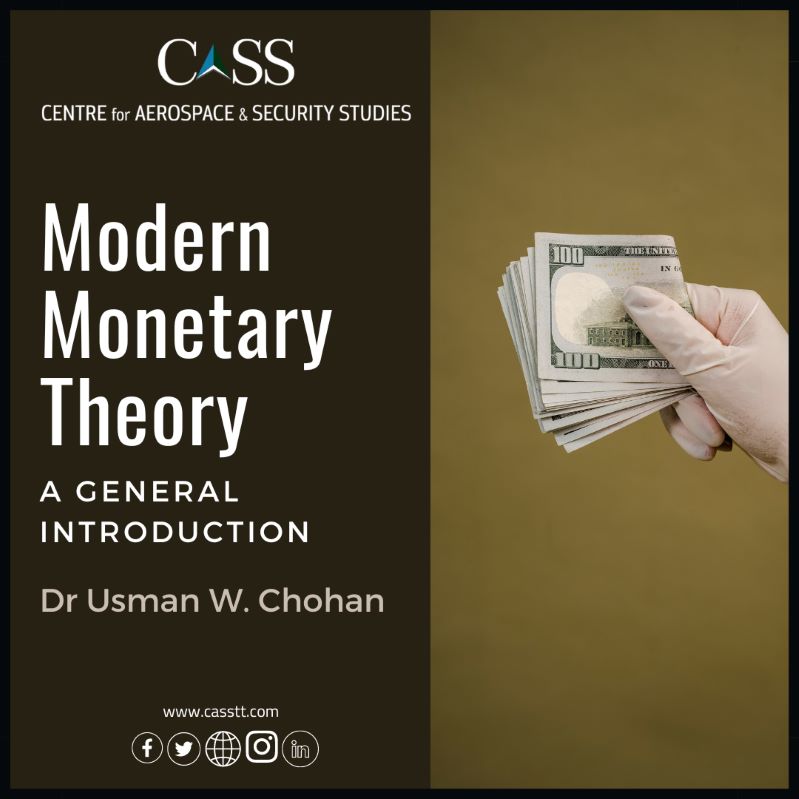Modern Monetary Theory (MMT) is a heterodox macroeconomic lens that recontextualizes the role of monetary and fiscal policy in sovereign governments that borrow and issue national debt in their own monetary instrument. It MMT thus describes the practical uses of fiat currency in a public monopoly on money by a government with currency-sovereignty. MMT has gained increasing “currency” in recent years as progressive political parties discuss the “costs” involved in ambitious projects to develop their societies; but has gained an even larger audience since the spread of the Covid19 pandemic, with massive liquidity being pumped into monetary systems of the First World to grapple with the global health crisis. MMT’s interesting outlook on inflation, interest rates, government spending, deficits, and debt require the careful attention of a wider public. As such, this working paper offers a simple and general introduction to MMT.
Available at SSRN: https://ssrn.com/abstract=3569416 or http://dx.doi.org/10.2139/ssrn.3569416
Suggested Citation:Chohan, Usman W., Modern Monetary Theory (MMT): A General Introduction (April 6, 2020). CASS Working Papers on Economics & National Affairs, Working Paper ID: EC017UC (2020).




